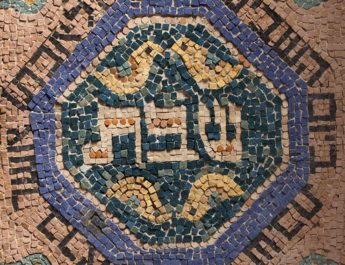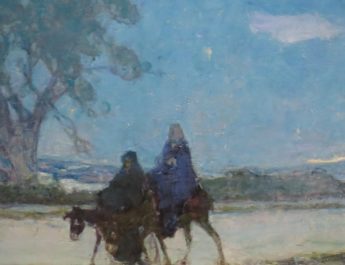Genesis 16:10-13
Feast of Mary Magdalene – A Women’s Lectionary
10 The angelA of the LordB also said to her, “I will so greatly multiplyC your offspringD that they cannot be countedE for multitude.”F
11 And the angel of the Lord said to her,
“NowG you have conceivedH and shall bearI a son;J
you shall callK him Ishmael,L
for the Lord has given heedM to your affliction.N
12 He shall beO a wild assP of a man,Q
with his handR against everyone,S
and everyone’s hand against him,
and he shall liveT at oddsU with allV his kin.”W
13 So she namedX the Lord who spokeY to her, “You are El-roi,”Z for she said, “Have I really seenAA God and remained alive after seeing him?”BB
Image credit: “Sappho” by Alphonse Osbert, 1888.




